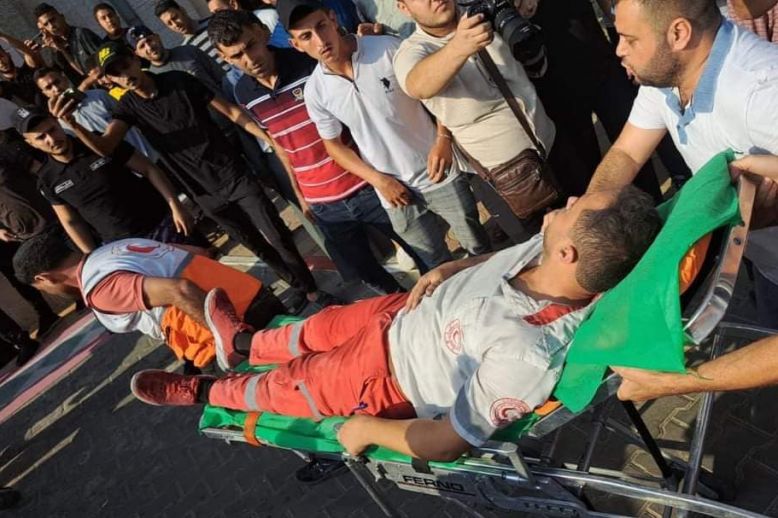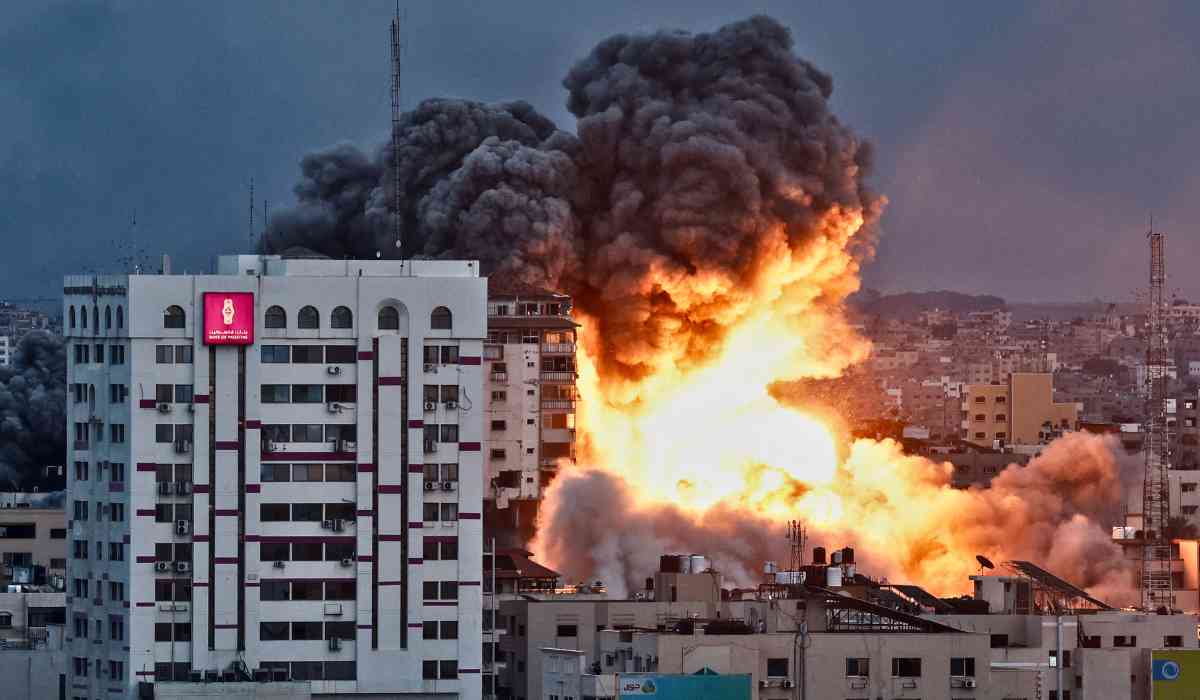Since October 2023, the Gaza Strip has been engulfed in a devastating conflict marked by relentless air and ground assaults by Israel. These attacks have resulted in a staggering death toll, widespread destruction, and a severe humanitarian crisis that shows no signs of abating.
The Human Cost of the Conflict

According to the Gaza Health Ministry, over 52,000 Palestinians have been killed since the conflict escalated, with approximately 31% of the victims being children. The casualties include women, elderly, and even newborns, reflecting the indiscriminate nature of the violence. The majority of those killed are civilians, with estimates suggesting that around 80% of Palestinian deaths fall into this category. This figure far exceeds casualties recorded in previous conflicts in the region, highlighting the intensity and scale of the current offensive.
Targeting of Aid Workers and Journalists
The conflict has also taken a heavy toll on humanitarian aid workers and journalists operating in Gaza. More than 1,500 humanitarian workers, including medical teams and civil defense personnel, have been killed since the war began. Many of these deaths occurred during Israeli airstrikes on locations such as schools and homes where displaced civilians and aid workers were sheltering. For example, an airstrike on Rafida school in Deir al-Balah killed at least 28 people, including aid workers engaged in health and nutrition activities.

Journalists have not been spared either. Over 210 Palestinian journalists have lost their lives in the past 17 months, with many more injured or detained. Media facilities have been destroyed, and there have been numerous violations against media workers, severely hampering the flow of information from the region. The Palestinian Journalists' Syndicate has described these attacks as "the most horrific media genocide in history," calling for international action to protect press freedom and hold perpetrators accountable.
The Humanitarian Crisis and Siege
The ongoing siege imposed by Israeli authorities has cut off Gaza from essential humanitarian aid, including food, fuel, medical supplies, and vaccines. This blockade has lasted for nearly seven weeks, exacerbating an already dire situation. The lack of aid has led to shortages that threaten the survival of the civilian population, with many suffering from malnutrition, disease, and lack of medical care. The United Nations and other humanitarian organizations have repeatedly called for the facilitation of relief efforts, emphasizing that under international humanitarian law, the occupying power must ensure adequate supplies to the population.
The Need for Accountability

The scale of civilian casualties, the targeting of aid workers and journalists, and the severe humanitarian conditions raise critical questions about the conduct of the conflict and adherence to international law. While Israel asserts its military actions are aimed at militants responsible for attacks on its territory, the high proportion of civilian deaths and destruction of civilian infrastructure suggest a deeply troubling impact on non-combatants.
International bodies, including the International Criminal Court, have issued arrest warrants for Israeli leaders on charges of war crimes and crimes against humanity related to the conflict. Calls for accountability are growing louder, with human rights organizations emphasizing the need to protect civilians, aid workers, and journalists in conflict zones.

The ongoing conflict in Gaza is one of the most severe humanitarian crises in recent history. The relentless assault has caused immense suffering among civilians and those dedicated to providing aid and information. The international community faces a pressing challenge to ensure protection for vulnerable populations, uphold humanitarian principles, and pursue justice and accountability to prevent further loss of innocent lives.
With inputs from agencies
Image Source: Multiple agencies
© Copyright 2025. All Rights Reserved Powered by Vygr Media.

























